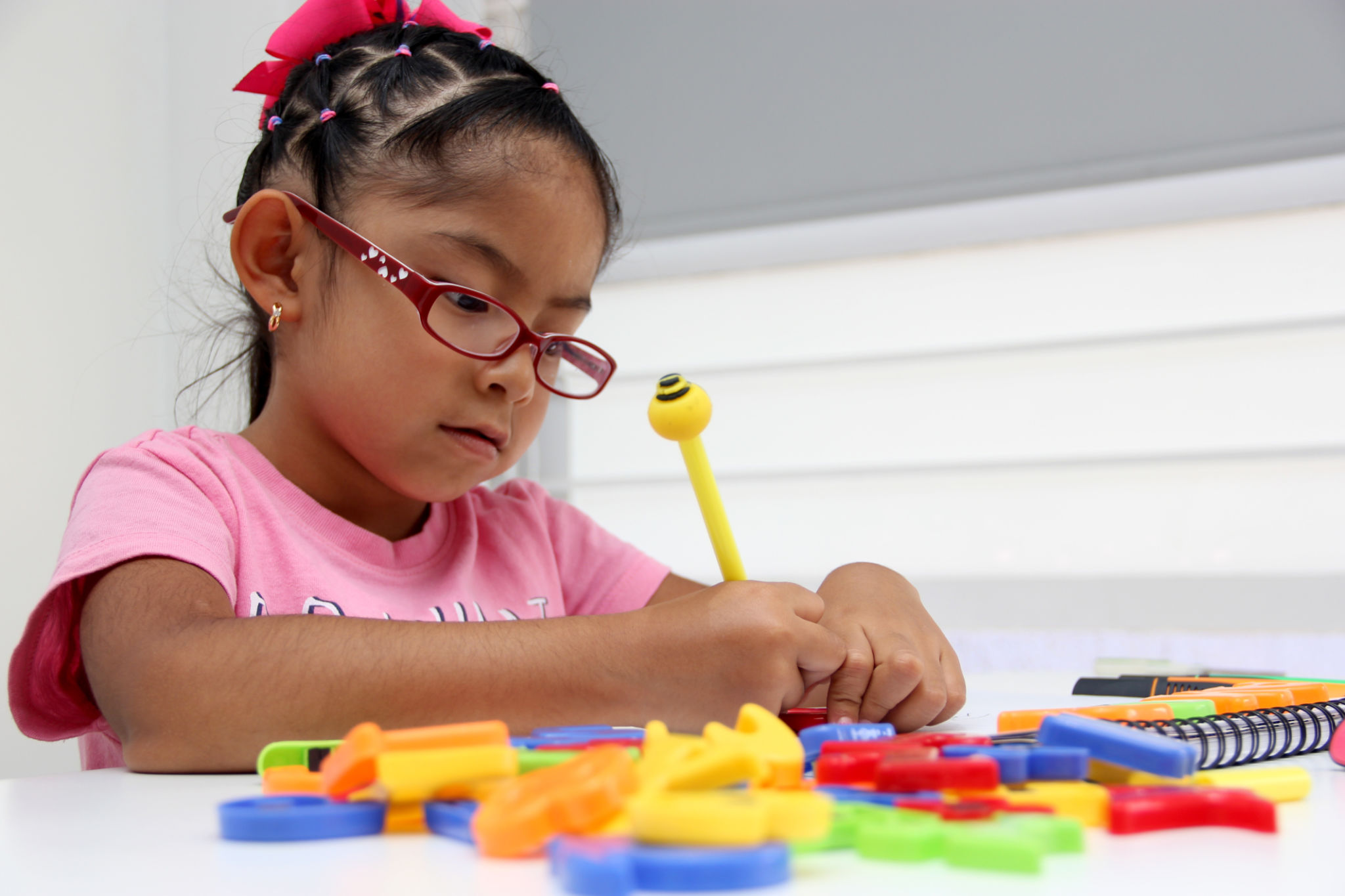Expert Tips: How to Maximize the Benefits of ADHD Therapy
Understanding ADHD Therapy
Attention Deficit Hyperactivity Disorder (ADHD) can present challenges in daily life, but therapy offers a valuable pathway to manage symptoms. It's essential to understand that ADHD therapy is not a one-size-fits-all solution. There are various approaches, including behavioral therapy, cognitive-behavioral therapy (CBT), and medication management, each tailored to meet individual needs. By understanding the different types of therapy available, individuals can make informed decisions on what works best for them.

The cornerstone of maximizing the benefits of ADHD therapy is consistent engagement. Regular sessions with a therapist help build trust and understanding, providing a safe space for individuals to express their thoughts and feelings. The more consistent the therapy, the more effective the outcomes tend to be. This ongoing commitment can lead to significant improvements in focus, behavior, and emotional regulation.
Setting Realistic Goals
One of the key elements in making the most out of ADHD therapy is setting realistic and achievable goals. These goals should be specific, measurable, attainable, relevant, and time-bound (SMART). By breaking down larger objectives into smaller, manageable tasks, individuals can experience a sense of accomplishment as they progress through their therapeutic journey.
It's important to involve both the therapist and the individual in goal-setting. This collaborative effort ensures that the goals are aligned with personal values and abilities. Regularly reviewing these goals can help track progress and make necessary adjustments to keep the momentum going.

Incorporating Lifestyle Changes
Therapy is most effective when paired with positive lifestyle changes. Incorporating regular physical activity, maintaining a balanced diet, and ensuring adequate sleep can significantly enhance the benefits of ADHD therapy. Exercise is particularly beneficial as it boosts the production of neurotransmitters like dopamine, improving mood and attention.
Additionally, mindfulness practices such as meditation or yoga can be powerful tools in managing ADHD symptoms. These practices promote relaxation and enhance focus, complementing the therapeutic efforts.
Building a Support Network
An often overlooked aspect of successful ADHD therapy is the support network surrounding the individual. Family members, friends, teachers, and colleagues can play a crucial role in providing encouragement and accountability. Open communication with loved ones about the challenges and successes of therapy can foster understanding and support.

Joining support groups or online communities specifically for individuals with ADHD can also be beneficial. Sharing experiences and coping strategies with others facing similar challenges can provide a sense of belonging and reduce feelings of isolation.
Utilizing Technology
In today's digital age, technology offers numerous tools to aid ADHD therapy. Apps designed for time management, organization, and mindfulness can be integrated into daily routines to support therapeutic goals. These tools provide reminders, structure tasks, and help track progress efficiently.
While technology is helpful, it’s important to avoid over-reliance on digital solutions. Balance is crucial; use technology as an adjunct to traditional therapy methods rather than a replacement.
Regularly Evaluating Progress
To truly maximize the benefits of ADHD therapy, regular evaluation of progress is essential. This involves reviewing the outcomes of therapeutic interventions and making necessary adjustments to strategies or goals. Both therapists and individuals should engage in this reflective practice to ensure that therapy remains effective and relevant.

Feedback from therapists can offer valuable insights into what’s working well or what might need modification. Celebrating small victories along the way can also motivate continued effort and commitment to the therapeutic process.
